Subtotal $0.00
Subscribe to out newsletter today to receive latest news administrate cost effective for tactical data.
2478 Street City Ohio 90255
Shopping cart
- WEGOVITA Phone:+49 1577 3622531
- Email:Info@wegovita.com
- Germany,Fürstenwall 228 ,40215 Düsseldorf










